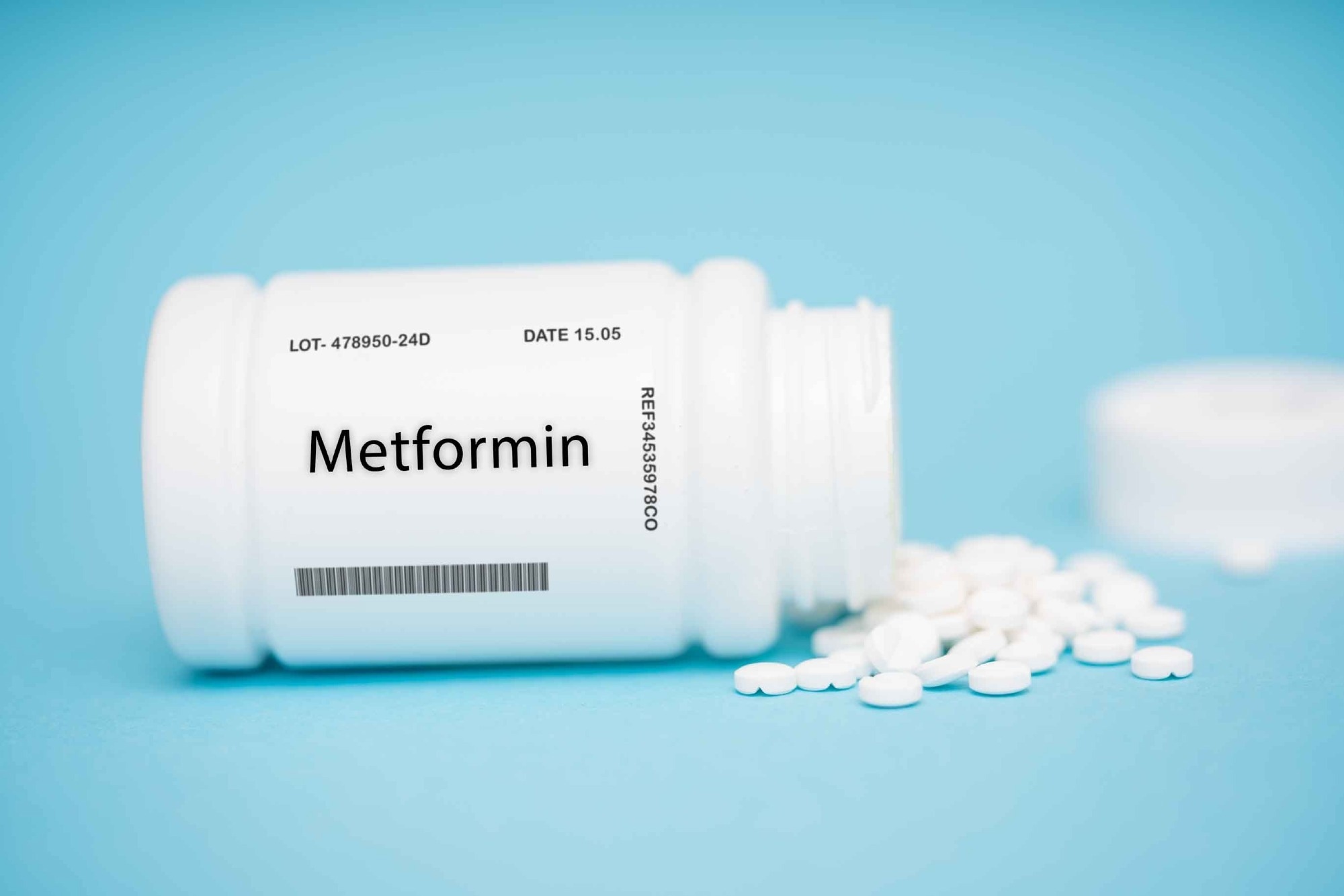Recent studies propose that initiating metformin treatment shortly after contracting COVID-19 might reduce the risk of experiencing long COVID, providing a possible preventive strategy for vulnerable individuals. This finding may pave the way for early intervention, with the goal of minimizing lasting symptoms that impact millions globally.
Long COVID, characterized by lingering fatigue, brain fog, shortness of breath, and other persistent symptoms, has become a major public health concern. While vaccines and antiviral treatments have helped reduce severe illness and hospitalization, they do not always prevent post-viral complications. Metformin, a well-known medication commonly prescribed for type 2 diabetes, has recently gained attention for its anti-inflammatory and antiviral properties, prompting researchers to explore its potential in mitigating long COVID.
How metformin may help prevent long COVID
Metformin is traditionally used to regulate blood sugar levels, improve insulin sensitivity, and support metabolic health. However, recent studies indicate that it also has broader effects, including reducing systemic inflammation and modulating immune responses. Since chronic inflammation and immune dysregulation are believed to play a role in long COVID, metformin’s mechanisms make it a promising candidate for early intervention.
In clinical trials, participants who began metformin treatment within three months of a COVID-19 diagnosis demonstrated a lower incidence of persistent symptoms compared to those who did not receive the medication. Researchers hypothesize that metformin may interfere with viral replication, limit inflammatory signaling, and support cellular resilience, collectively reducing the risk of long-term complications. The timing of administration appears to be critical, with early initiation offering the greatest potential benefit.
Although metformin is typically regarded as safe, it is crucial to have medical oversight, especially for people with kidney or liver issues, or for those who are on other medications that might interact with it. Healthcare professionals can assess patient history, risk factors, and present health condition to decide if using metformin at an early stage is suitable.
Implications for public health and treatment strategies
If additional studies validate these results, metformin might be included in a comprehensive approach to avert long COVID, together with vaccination, antiviral treatments, and supportive care. Public health officials might propose early medication interventions for vulnerable groups, such as elderly people, immunocompromised individuals, and those with existing metabolic issues.
Lowering the frequency of persistent COVID-19 consequences holds significant impact. People who suffer from extended symptoms frequently encounter a reduced quality of life, obstacles in resuming employment, and difficulties in executing daily tasks. Addressing these issues with prompt action might decrease the pressure on medical services and enhance both efficiency and quality of life for the broader community.
Additionally, the research underscores the importance of timing in post-infection interventions. Medications that modulate immune function or inflammation may be most effective when administered early, before long-term complications are established. This insight could inform the development of future therapies for post-viral syndromes and other chronic conditions triggered by infection.
Wider advantages and future research paths
Beyond long COVID prevention, metformin’s anti-inflammatory and metabolic benefits may have additional advantages for patients recovering from COVID-19. Studies suggest that it could support cardiovascular health, improve energy metabolism, and mitigate oxidative stress, all of which are relevant for individuals recovering from viral infections. These potential secondary benefits highlight metformin’s role as a multi-faceted therapeutic agent.
Experts are currently investigating the best dosing schedules, length of treatment, and patient selection parameters to enhance metformin’s protective benefits against long COVID. Current research seeks to find out if pairing metformin with other strategies—like antiviral drugs, immune modulators, or lifestyle modifications—can improve results. Comprehending the fundamental biological processes will also be essential, as it may help identify biomarkers that predict which patients could gain the most from early intervention.
Public engagement and awareness will be key to translating these findings into practice. Patients should be informed about the potential role of metformin in preventing long COVID, while also understanding that it is not a replacement for vaccines or other established preventive measures. Healthcare providers will play a critical role in guiding safe and effective use, monitoring for side effects, and integrating metformin into comprehensive post-COVID care plans.
Challenges and considerations
A pesar de los resultados alentadores, persisten varios desafíos. El Long COVID es un trastorno complejo que afecta múltiples sistemas, y no todos los pacientes reaccionan de la misma manera a las intervenciones. Factores genéticos, condiciones de salud preexistentes, y la gravedad de la infección inicial pueden influir en los resultados, lo que exige enfoques de tratamiento personalizados. Además, la seguridad y eficacia a largo plazo del uso temprano de metformin en poblaciones no diabéticas requieren una evaluación cuidadosa para asegurar un equilibrio entre riesgos y beneficios.
Equity is another important consideration. Access to medications, healthcare guidance, and early intervention strategies must be inclusive to reach populations disproportionately affected by COVID-19 and long-term complications. Public health strategies should address these disparities, ensuring that preventive measures like metformin reach those who could benefit the most.
Constant cooperation among scientists, healthcare professionals, and decision-makers is crucial for crafting evidence-based guidelines for employing metformin in the prevention of long COVID. This teamwork can also guide upcoming research on other conditions following viral infections, establishing a foundation for proactive treatment approaches that reduce ongoing complications after illnesses.
Possibilities of metformin for a beneficial routine
The capability of metformin to lower the risk of long COVID signifies a major advancement in healthcare related to the pandemic. Administering an established and commonly accessible medication from the onset promises to lessen the physical, emotional, and financial impacts of enduring symptoms following COVID.
As ongoing research progresses, health professionals, patients, and public health organizations must collaborate to incorporate new findings into practical plans. Through diligent observation, patient awareness, and fair access to resources, early administration of metformin may play a significant role in averting persistent complications from COVID-19. In the end, this strategy represents a larger movement toward proactive and evidence-driven healthcare, which aims not only to treat immediate health issues but also to prevent long-term effects, thus enhancing results for both individuals and communities.





